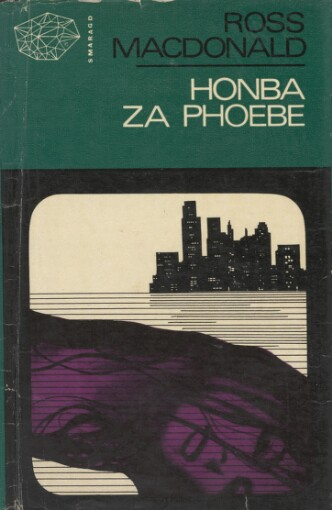What do you think?
Rate this book


234 pages, Hardcover
First published January 1, 1961
She had on pearls and a simple dark gown which had probably cost a fortune. A wasted fortune. It accentuated the taut angularity of her body and left her frying chicken shoulders bare.
"But the real question is, what are we going to do about it?"
"Find her."
"If she's alive."
"They usually are," I said with more assurance than I felt.
"They turn up counting change in Vegas, or waiting table in the Tenderloin, or setting up light housekeeping in a beat pad, or bucking the modelling racket in Hollywood."
Trevor's thick eyebrows came together and tangled like hostile caterpillars. "Why would a well-nurtured girl like Phoebe do any of those things?"
"The standard motives are drink or drugs or a man. They all add up the same idea, rebellion. It's the fourth R they learn in school these days. Or someplace."